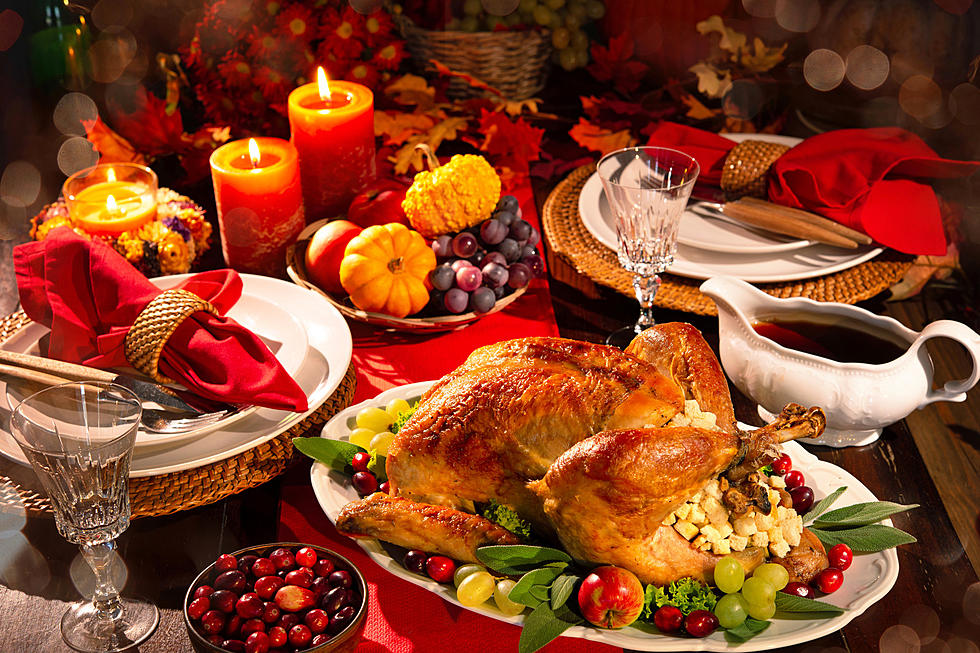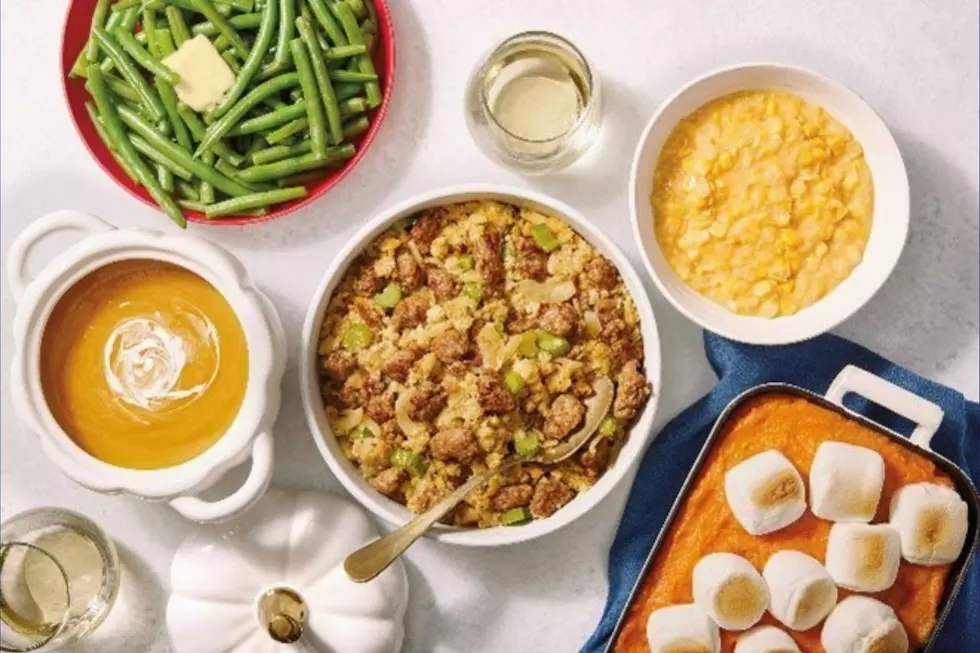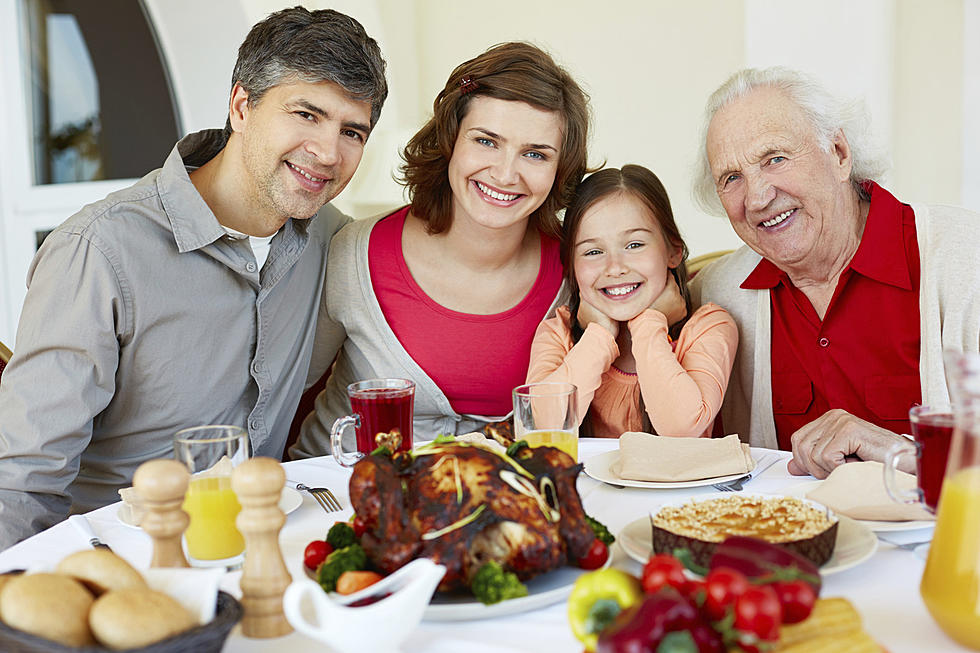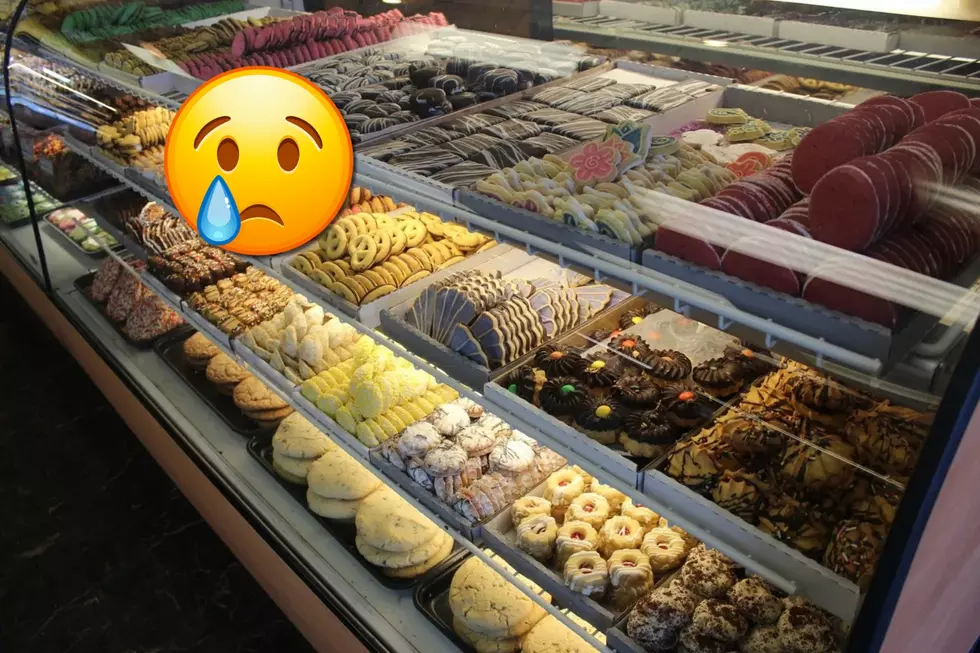
Tips for Cooking Safely Tips on Thanksgiving
Thanksgiving is almost here and as you're getting ready for the festivities, the New Jersey Department of Community Affairs and the New Jersey Department of Health is reminding residents to take simple steps to prevent food-related illness ad cooking fires during the holiday. Of particular concern are turkey fryers, which have become increasingly popular in recent years.
"Thanksgiving is one of the most beloved holidays of the year, and while the day is meant to be joyous, it can also be a time for more fire-related accidents to occur as excitement leads to distraction," said DCA Commissioner Richard Constable III. "We urge those gathering to celebrate the holiday to be aware of safe cooking practices, especially as more families use new methods - such as frying - to prepare their turkeys."
It's also important to take measures to prevent food-related illness from ruining the holiday.
When you are entertaining and cooking your favorite holiday foods, take precautions to reduce the risk of food-borne illness to you and your family," said Health Commissioner Mary O'Dowd. "It is important to follow proper guidelines on preparing and serving food and to ensure that holiday dishes are cooked at the correct temperature and leftovers are always thoroughly reheated. The Department of Health has resources on its website to assist you in preparing meals safely."
The DCA and its Division of Fire Safety advise people who use self-contained fryers to follow these precautions on Thanksgiving and the rest of the holiday cooking season:
- Always use turkey fryers outdoors at a safe distance from buildings and other flammable materials.
- Never use turkey fryers in a garage or on a wooden deck.
- Make sure the fryers are used on a flat surface to reduce accidental tipping.
- Never leave the fryer unattended. Most units do not have thermostat controls. If you do not watch the fryer carefully, the oil will continue to heat until it catches fire.
- Never let children or pets near the fryer even if it is not in use. The oil inside the cooking pot can remain dangerously hot hours after use.
- To avoid oil spillover, do not overfill the fryer.
- Use well-insulated potholders or oven mitts when touching pot or lid handles. If possible, wear safety goggles to protect your eyes from oil splatter.
- Keep an all-purpose fire extinguisher nearby. Never use water to extinguish a grease fire. If the fire is manageable, use your all-purpose fire extinguisher. If the fire increases, immediately call the fire department.
- Make sure the turkey is completely thawed and be careful with marinades. Oil and water do not mix, and water causes oil to spill over causing a fire or even an explosion hazard.
When defrosting a turkey, you should always place it in the refrigerator, in cold water or in the microwave. Never defrost turkey at room temperature. If you defrost the turkey in the refrigerator, place it in a large cooking dish on the bottom shelf to prevent raw juices from dripping onto other foods.
The Department of Health offers the following additional tips to avoid food-related illness:
- Always make sure cookies, cakes, and baked goods are cooked thoroughly and never eat raw cookie dough or batter made from raw eggs.
- Purchase eggnog that is pasteurized to remove any dangerous bacteria. If you are making homemade eggnog, always use pasteurized egg and milk ingredients.
- Check labels to ensure that you are buying only pasteurized fruit juices and cider during the holidays and year-round. Unpasteurized juice and cider can contain dangerous bacteria like E.coli or Salmonella that cause serious illness (especially in children, the elderly, and people with weakened immune systems).
- If you choose to serve and eat raw shellfish, you need to take extra precautions in order to reduce the risk of foodborne illness. Because raw or undercooked shellfish may contain bacteria, parasites or viruses, these foods require special care. Keep raw oysters and clams refrigerated, and serve them on ice to ensure they remain cold at holiday buffets. Elderly adults, pregnant women, young children, and people with weakened immune systems are more vulnerable to the risks of foodborne illness and should never eat raw or undercooked shellfish.
- Always use holding trays, chafing dishes, and crock pots to keep hot foods hot when serving food on a buffet. Never use holding trays to warm food up. They should only be used to hold food that is already warmed.
- Put serving trays on crushed ice to keep cold foods cold.
- Don't let food stay at room temperature for more than two hours.
For more Holiday Food Safety tips visit
http://nj.gov/health/foodanddrugsafety/documents/holiday_food_safety_factsheet.pdf. You can also call (609) 826-4935.
For more information about the Division of Fire Safety, go to www.nj.gov/dca/divisions/dfs/ on the DCA website, or call (609) 633-6106. For more detailed information on holiday cooking safety hints, visit www.holidaysafety.org.
More From New Jersey 101.5 FM









